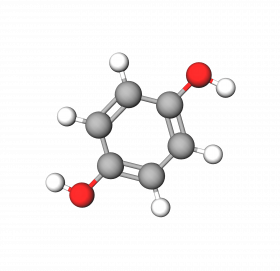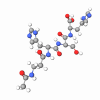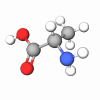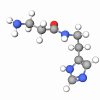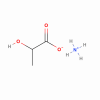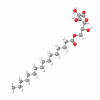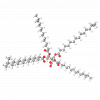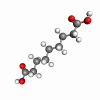Hydroquinone is an active ingredient that was widely used as a depigmenting agent. It acts on melanin-producing cells, melanocytes, inhibiting the production and increased degradation of melanosomes, an intracellular corpuscles that store melanin.
Hydroquinone also inhibits the enzyme tyrosinase, which is involved in the formation of melanin. Today its use is limited because of a number of reported adverse effects, but a wide range of its derivatives is used as skin whitening agents.
Hydroquinone is indicated for the treatment of hyperpigmented dyschromias of different origins, such as solar melanosis, chloasma or melasma, and ephelides (freckles). It should be used at night, preferably minutes before bedtime.
It is important to use sunblocks during and after treatment with Hydroquinone-containing preparations to prevent re-pigmentation of the treated areas. It can be distributed in different pharmaceutical forms and skincare products for topical use, such as creams, creamy lotions, and gels for application to the face, hands, and body.Hyperpigmentation can be caused by a local increase in melanin synthesis or its irregular distribution. In general, hyperpigmentation disorders can be classified into four categories:
- Post-inflammatory pigmentation resulting from sunburn or acne, as well as traumatic and surgical processes
- Chloasma or melasma, which frequently occurs in mature skin
- Ephelides or freckles, common in adolescents
- Senile lentigines, which develop with age
These patterns of irregular pigmentation are caused by several factors, including inflammation, hormonal disorders, and, sometimes, genetics. UV radiation aggravates all of these conditions.
